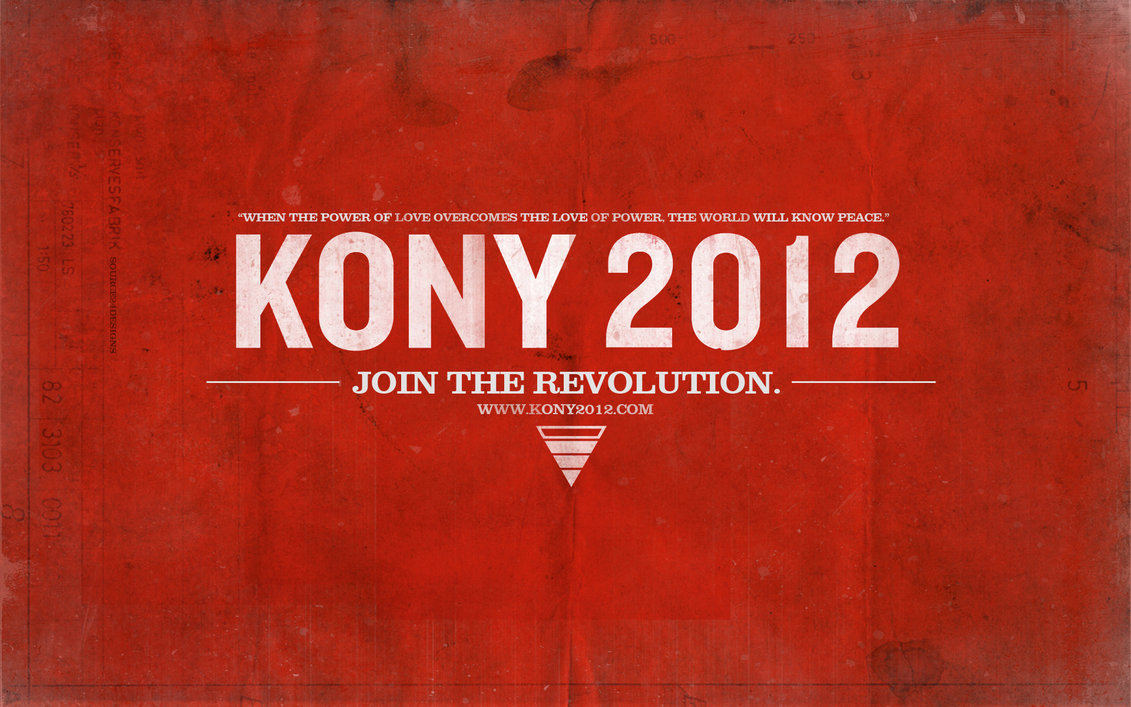Students react to Kony 2012

In recent weeks, a viral video has been taking the Internet by storm.
The “Kony 2012″ short film has been flooding Facebook feeds, blog posts and Twitter links, serving as a call for action.
The video, a project created by the nonprofit organization Invisible Children, seeks to educate viewers about Joseph Kony in hopes of making him infamous.
Since 1987, Kony has led the Lord’s Resistance Army (LRA) in the abduction of an estimated 66,000 Ugandan children, forcing them to participate in the rebel force as either child sex-slaves or child soldiers.
Invisible Children hopes that the video will spark a fire across the nation and convince millions of Americans to contact celebrities and politicians and voice their concerns, making Kony a significant concern in the U.S. This will result in government support and aid for the cause.
Countless have joined the movement, although there has been some controversy surrounding the validity of the video and the organization that created it.
MC junior Doug Carson has done research and does not believe all the facts add up.
“The stated goal of ‘Kony 2012’ is to get direct military intervention in Uganda, a country where Kony is currently not located, nor has he been for several years,” Carson said. “In addition, Invisible Children, Inc., refuses to be audited by the Better Business Bureau and is under corruption investigation in Uganda.”
Carson also believes that much of the money being sent to the “Kony 2012” fund is not for the greater good.
“The administrators of Invisible Children, Inc., and “Kony 2012” make far more money than the administrators of similar charitable organizations,” Carson said.
Not everyone is convinced by the accusations toward Invisible Children.
Megan Lock, MC senior, believes that a lot of good comes from raising awareness.
“I’m not going to pretend I know the all the details of the organization, but this is an issue I have been hearing about for years, and I want Kony to be brought to justice,” Lock said. “I believe the best way to do this is to spread awareness and bring it to the attention of our representatives so this can finally end.”
While the video has raised awareness, the results and impact of the film will be better observed on April 20. In addition to educating individuals of cause, the “Kony 2012” video also encourages viewers to participate in “Cover the Night,” which enlists individuals to “cover” their cities overnight in posters and flyers of Kony and literature regarding the cause.
The event takes place on April 20th and serves as the climax of campaign. Many MC students plan to participate in “Cover the Night” in Maryville and downtown Knoxville.
Some students have been annoyed by the newfound political activism in their fellow peers, claiming that some are simply getting involved because it is a new trend.
Jessica Francis, MC senior, strongly disagrees with this sentiment.
“Shouldn’t we be beyond excited if social justice becomes the new trend for our generation?” Francis said. “Or are we satisfied with our current trends that lead to self-destruction? If Invisible Children’s brilliant use of social media is educating people who are in the dark to global issues, shouldn’t that be celebrated, rather than mocked?”
Zach Howard, MC junior, does not entirely agree with Invisible Children, although he feels it important that students need to make changes, not just with a single campaign, but with the whole American system as well.
“To say that you’re doing campaigning for the children who are put in these horrifying situations is noble enough,” Howard said. “But I think people need to realize the hypocrisy inherent in merely sharing a video on a social networking site and doing little else to change this enormous socio-economic disparity.”
Howard believes that many of the conflicts in these areas stem from the wealth of nations like the U.S., while so much poverty exists in countries like Uganda, where desperation can turn to violence.
“If we really want to fix this, and not just treat the symptoms of the problem, then we’re going to have to not only take humanitarian action in Africa but also take a long, hard look at the consequences of the first world’s global economic policy,” Howard said.
There are a multitude of opinions on the topic and debate still continues.
Regardless of whether they support “Kony 2012” or find the organization to be misleading, most MC students seem to agree with the call for justice.
No matter the belief, there are many ways students can help.
“I would suggest looking up all charitable organizations that you wish to donate to on charitynavigator.org,” Carson said.
For those interested in “Kony 2012,” additional information is available at http://www.kony2012.com, and the “Cover the Night” event will commence as planned on April 20.

